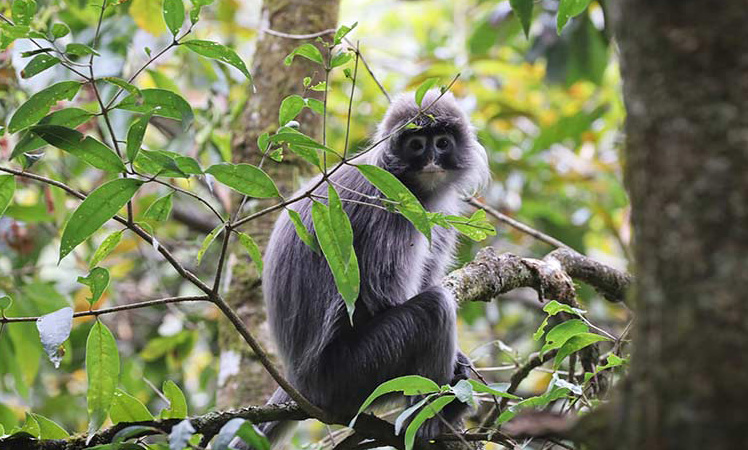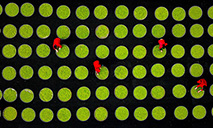Feature: Cuba faces drought amid COVID-19 pandemic
HAVANA, April 4 (Xinhua) -- For Mario Fernandez, this year's lack of rainfall may harm his crop yields on the farm he runs on the outskirts of Havana, the Cuban capital.
The current drought conditions in the Caribbean nation have led to a scarcity of grass for livestock and made it difficult for irrigation systems to operate, Fernandez told Xinhua.
"It has not been raining during the spring season as much as it used to a few years back," he said. "I'm growing black beans and vegetables, and don't want to lose all the capital I have invested."
The drought comes amid the resumption of economic activities in Cuba after almost two years of a COVID-19 hiatus, along with the tightening of the U.S.-led economic blockade on the island and the implementation of a governmental monetary overhaul.
According to the National Water Resources Institute, some 400,000 people have been directly affected by the drought.
The eastern provinces of Guantanamo, Santiago de Cuba, Holguin and Las Tunas have been the hardest hit, followed by the provinces of Camaguey and Havana, the institute said.
"Where I live, the water supply is not regular, which makes household chores more difficult," Havana resident Betsy Rodriguez, a state employee from the Cotorro municipality, said. "Water is a precious commodity."
Rodriguez said she expected the recent investments by the government would stabilize the water supply system in her neighborhood.
At present, the country's reservoirs are operating at about 50 percent capacity, while measures have been adopted to improve water supply to the hardest-hit areas.
Over the past 12 months, Cuba has gotten 1,174 mm of rainfall, representing 88 percent of the historical average, said Deputy Prime Minister Ines Maria Chapman.
She added that nearly 636,000 people across the island stand to benefit from water projects this year.
Currently, underground pipes are being installed in the provinces of Mayabeque, Villa Clara and Cienfuegos to deliver water to the population and the agricultural sector, local media reported.
In Camaguey, located some 550 km east of Havana, investments are projected to improve the water supply to the seaside resorts of Santa Lucia and Esmeralda.
Meanwhile, Cuban meteorologist Eduardo Rodriguez said no significant rainfall is expected for the rest of the month, which may affect food production, fishery and other economic activities.
"Water conservation measures are fundamental to better confront the impact of a prolonged drought in the country," he said.
Photos
Related Stories
- Feature: Cuba introduces Chinese language course into secondary education
- U.S. sanctions against Cuba "typical coercive diplomacy": Chinese spokesperson
- Cuba reports 3 deaths, 125 new cases of COVID-19
- Xi says China willing to walk together with Cuba in building socialism
- Cuba receives medical supply donation from China as pandemic worsens
- Cuba reinforces COVID-19 response amid infections surge, medical supplies shortages
- Cuban FM lauds China's contribution to anti-COVID-19 fight
- China urges U.S. to lift sanctions and embargo against Cuba
- The Cuban athletes eyeing gold in Tokyo
- China urges U.S. to lift embargo against Cuba
Copyright © 2022 People's Daily Online. All Rights Reserved.










